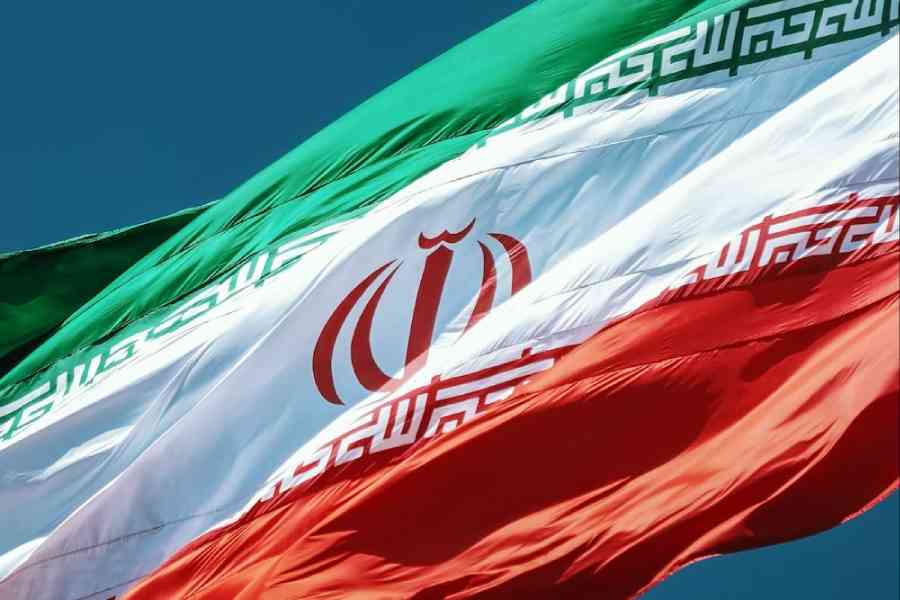Iran’s voters have elected Masoud Pezeshkian, a reform-minded centrist politician, as the country’s next president in an outcome that surprised many analysts and which points to the popular sentiment on the nation’s streets. Mr Pezeshkian’s election in a two-stage voting process comes less than two months after the former president, Ebrahim Raisi, was killed in a helicopter crash along with other senior leaders, including the country’s foreign minister. Raisi’s sudden death had sparked speculation about a power vacuum. Mr Pezeshkian’s election, through a reasonably smooth process, reveals a stability undergirding Iran’s political system — a mix of theocracy and democracy — that its critics often fail to acknowledge. To be clear, a panel of experts appointed by the supreme leader, Ayatollah Ali Khamenei, vets all candidates. Those allowed to contest thus all carry the stamp of approval of Iran’s political and religious elite: a rank outsider who could upend the system cannot make it to the ballot. Still, in the wake of Raisi’s death, many observers had predicted that the next president would be someone leaning towards the hardline policies of the deceased leader, who was believed to enjoy the trust of Mr Khamenei. But Iran’s voters have sprung a surprise.
Mr Pezeshkian’s promise to open Iran up to the world will not be easy to fulfil. For one, decisions on foreign policy and security matters are mostly taken by the Ayatollah and the military, which prefers tough positions towards the United States of America and Israel, and has shown no signs that it is mulling a different approach. The ongoing war in Gaza and the heightened tensions between Iran and Israel mean that Mr Pezeshkian will have even lesser wiggle room than usual in seeking a moderate path. Finally, the prospect of the former US president, Donald Trump, returning to power in that country will strengthen the hands of those in Iran who argue that Washington cannot be trusted. Yet, Mr Pezeshkian’s election offers hope to millions of young Iranians who increasingly feel betrayed by their political elite. If he rolls back some of the stricter religious norms that Raisi introduced, including those pertaining to how women dress, and eases up on restrictions on accessing the internet, it would represent a victory for the democratic aspirations of the Iranian people. India, which has, in recent months, tried to recreate the warmth that once marked New Delhi’s relationship with Tehran, must continue to explore ways to strengthen its ties with Iran. InMr Pezeshkian, it might have a willing ally.











